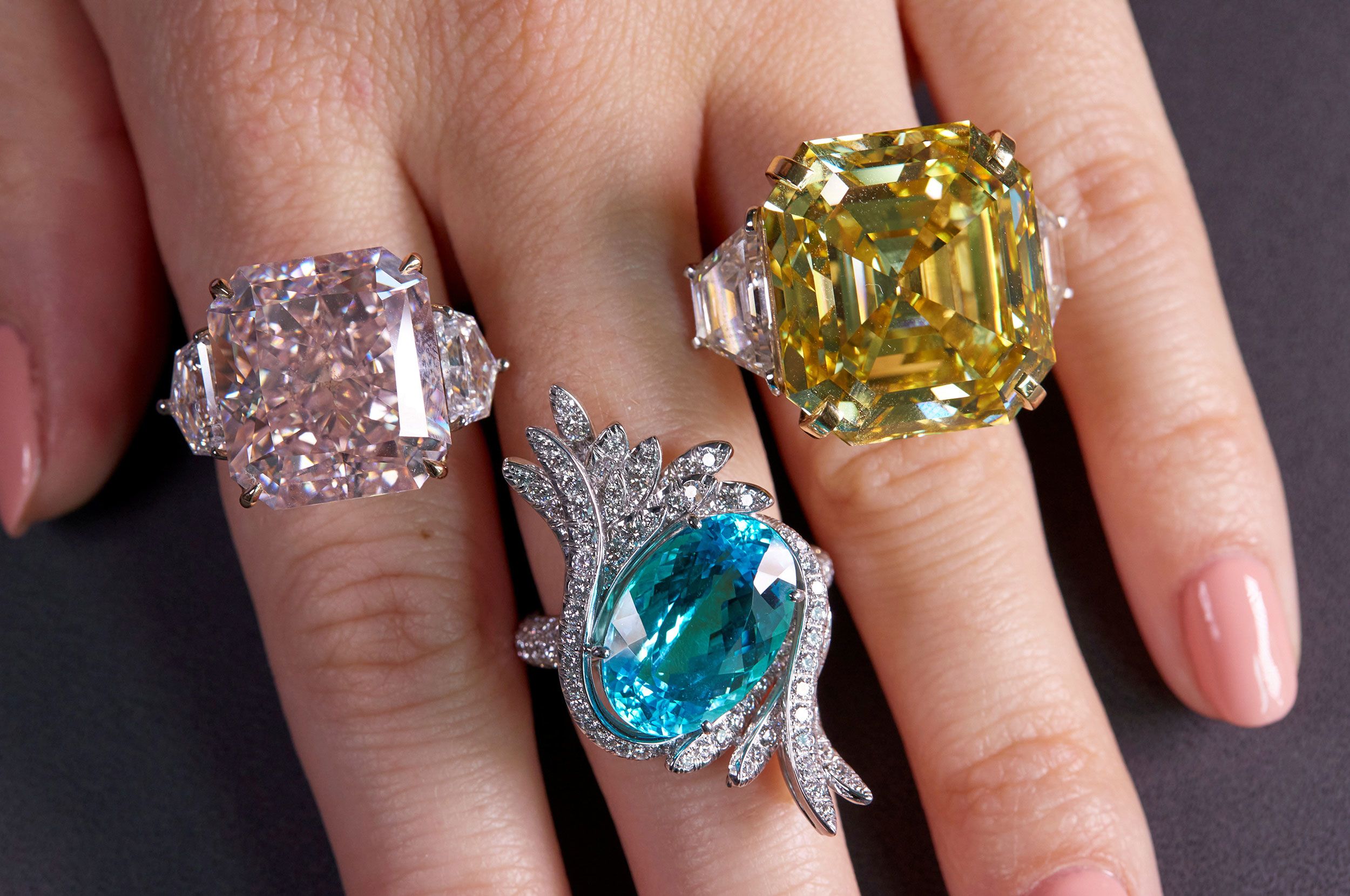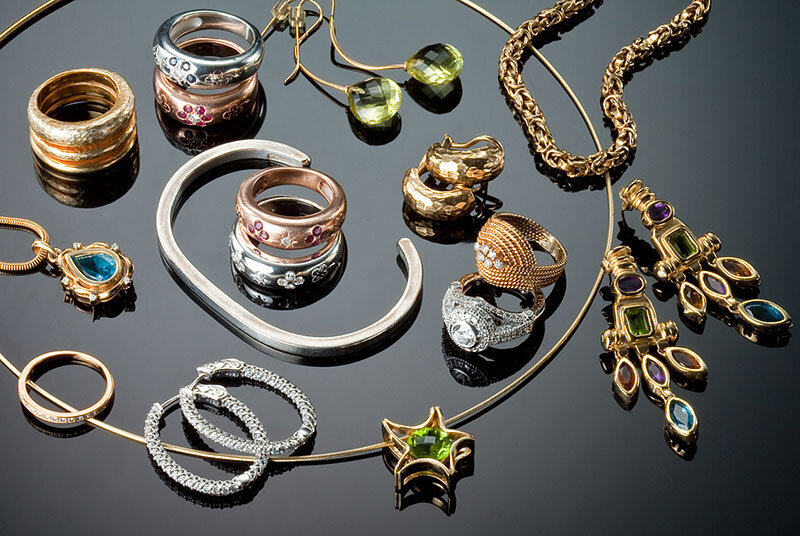
The global jewelry market is no stranger to fluctuations in trade policies, but recent shifts in tariffs have had a direct and measurable impact on jewelry manufacturing—especially for those working with precious metals and stones. Whether it’s increased duties on imported diamonds, tightened export regulations, or rising costs of raw materials, manufacturers around the world are facing unprecedented challenges.
For brands like Jaitam Jewels, a leading name in Jaipur known as a fair trade jewelry manufacturer and reliable custom fashion jewelry supplier, staying agile has never been more critical. As the landscape of international trade evolves, the ability to adapt and maintain competitive pricing, quality, and trustworthiness will separate the leaders from the rest.
The New Normal: What Tariffs Mean for the Jewelry Industry
In 2025, new trade tariffs targeting luxury items—including precious metals, gemstones, and finished jewelry—have come into effect in multiple markets. Countries like the U.S., India, and China have either introduced or revised duties on imports and exports in response to geopolitical and economic shifts.
For gold jewelry manufacturers in Jaipur, these tariffs mean higher input costs, longer supply chain delays, and increased scrutiny on sourcing and certifications. The situation is further complicated by demand for ethical sourcing, with conscious consumers increasingly asking questions about where their jewelry comes from and how it’s made.
Key Challenges Jewelry Manufacturers Are Facing
Here’s a look at the core challenges emerging from the recent trade tariff changes:
-
Increased Production Costs:
Import duties on raw materials like gold, silver, and diamonds directly impact the cost structure of manufacturers. -
Disrupted Global Supply Chains:
Shipping delays and changes in customs protocols are making it harder for manufacturers to maintain delivery timelines. -
Pressure to Maintain Competitive Pricing:
With competition rising, especially among jewelry suppliers in Jaipur, maintaining price without compromising on quality is tricky. -
Demand for Transparency & Ethical Practices:
Tariffs are encouraging brands to move away from questionable sources, especially for diamonds and gold, in favor of fair trade practices.
Strategies to Stay Competitive in the Midst of Tariffs
Despite these hurdles, there are smart strategies that jewelry manufacturers can adopt to not only survive but thrive in the new tariff-driven world.

1. Strengthening Local Sourcing & Manufacturing
As an established gold jewelry manufacturer in Jaipur, Jaitam Jewels has long prioritized local craftsmanship and sourcing. With tariffs raising the cost of imported materials, investing more in local suppliers and artisans can significantly reduce dependence on foreign raw materials.
This also boosts local economies and aligns with the increasing demand for “Made in India” products—especially among global buyers who value authenticity and craftsmanship.
2. Leveraging Fair Trade Certifications
Transparency has become a major purchasing driver. As a fair trade jewelry manufacturer, Jaitam Jewels is well-positioned to appeal to ethically-minded consumers. Fair trade certifications assure buyers that the jewelry is made under safe working conditions, using responsibly sourced materials.
This ethical edge helps brands justify slightly higher price points while gaining customer loyalty in the long run.
3. Custom & Niche Jewelry Services
Mass-market jewelry is most vulnerable to tariff shocks, but niche offerings like custom fashion jewelry give manufacturers flexibility. As a reliable custom fashion jewelry supplier in Jaipur, Jaitam Jewels provides tailored designs that cater to individual preferences and branding needs.
Customization reduces inventory risk, enhances buyer engagement, and helps in creating unique product lines that aren’t easily comparable or price-sensitive.
4. Diversifying Export Markets
Rather than relying on a single export destination, jewelry manufacturers should diversify into emerging markets with favorable trade agreements. Southeast Asia, UAE, and parts of Africa are opening up to Indian jewelry exports due to bilateral agreements that reduce or eliminate tariffs.
Jaitam Jewels is already expanding its global footprint through strategic partnerships, and it serves as a model for how reliable diamond jewelry manufacturers can reduce risks associated with overdependence on high-duty markets.
5. Digital Transformation & Online Expansion
E-commerce has unlocked new opportunities for direct-to-consumer sales. Platforms like Etsy, Amazon Handmade, and brand-specific websites allow manufacturers to reach international customers without traditional retail markups.
Jaitam Jewels has been investing in online catalogues and virtual consultations, allowing clients across the globe to customize and order directly. This bypasses certain layers of tariff cost, offering a more cost-effective solution to buyers and manufacturers alike.
The Jaipur Advantage: Why Location Still Matters
Being based in Jaipur offers unique advantages to jewelry manufacturers. The city is home to skilled artisans, gemstone carvers, and a long-standing reputation for excellence in jewelry design. As a jewelry supplier in Jaipur, Jaitam Jewels benefits from this talent pool while leveraging Jaipur’s infrastructure for global trade and export.
In addition, government schemes supporting “Make in India” initiatives and export subsidies for small-scale industries can cushion the impact of tariffs to some extent.
Final Thoughts: Resilience is the Real Jewel
Trade tariffs are just one of many factors reshaping the jewelry landscape. For brands like Jaitam Jewels, the key to resilience lies in adaptability, transparency, and quality. By staying committed to fair trade, customization, local excellence, and smart sourcing, jewelry manufacturers can continue to shine—even in the face of global economic turbulence.
Whether you’re a retailer, wholesaler, or consumer looking for a reliable diamond jewelry manufacturer or a custom jewelry supplier in Jaipur, Jaitam Jewels offers more than just ornaments—it offers trust, innovation, and enduring value.

